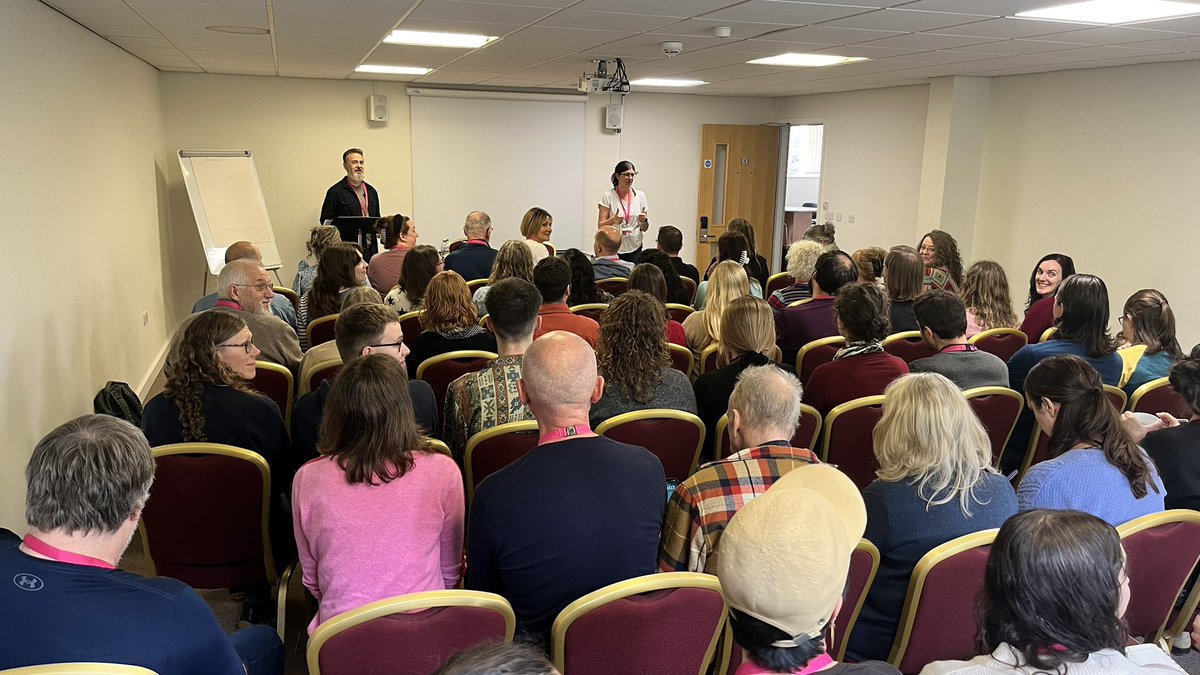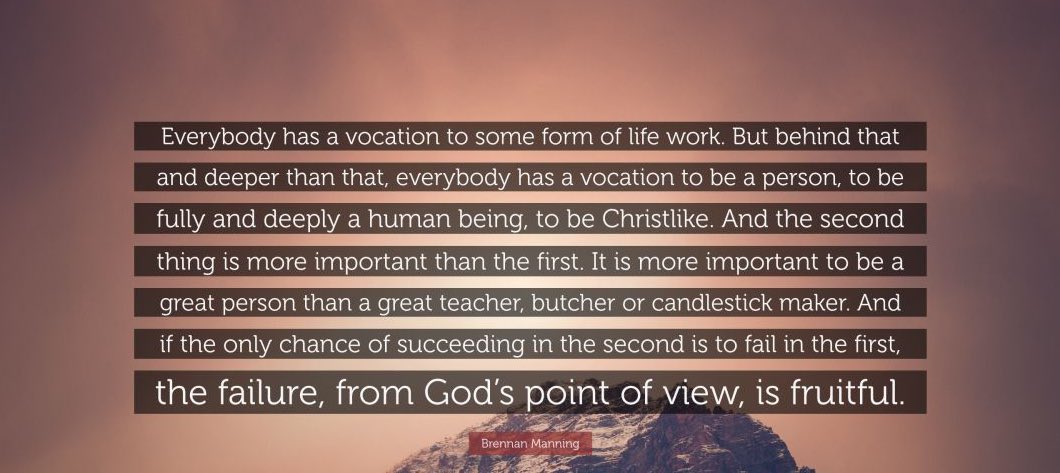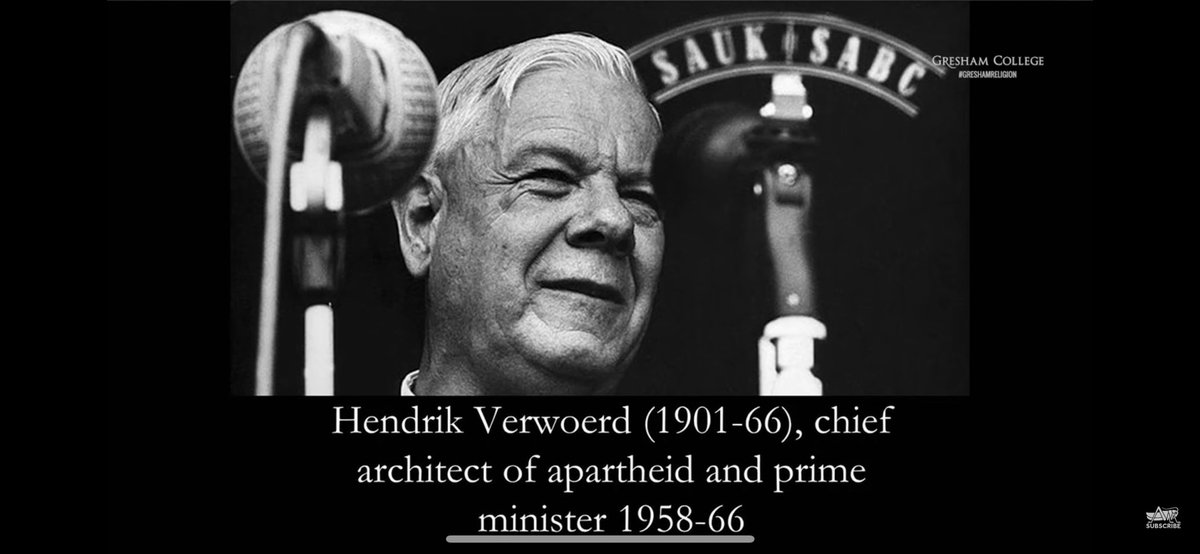Andrew Peterson on (Song) Writing.
“Searching for inspiration is a great excuse to listen to your life.”
#HMUK23
“Searching for inspiration is a great excuse to listen to your life.”
#HMUK23

1. Serve the work:
Allow the thing to grow into what it wants to become. You’re stepping into mystery. It wants to go someplace — serve it.
2. Serve the audience:
Art is not self-indulgence. It becomes generative when it’s an act of love. You must intend good for your audience.
Allow the thing to grow into what it wants to become. You’re stepping into mystery. It wants to go someplace — serve it.
2. Serve the audience:
Art is not self-indulgence. It becomes generative when it’s an act of love. You must intend good for your audience.
3. Selectivity:
The work is more important than your feelings. Learn to see what the audience needs to hear. Cut everything else.
4. Discipline:
This is not your novel, it’s your first novel. The process is iterative.
The work is more important than your feelings. Learn to see what the audience needs to hear. Cut everything else.
4. Discipline:
This is not your novel, it’s your first novel. The process is iterative.
5. Discernment:
Choose wisely what art you consume. Learn how to discern good from bad: both its morality and its quality.
6. Community:
Art is not created in a vacuum. You need people in life who will love you and some who will bring good critique and challenge. You need both.
Choose wisely what art you consume. Learn how to discern good from bad: both its morality and its quality.
6. Community:
Art is not created in a vacuum. You need people in life who will love you and some who will bring good critique and challenge. You need both.
• • •
Missing some Tweet in this thread? You can try to
force a refresh

 Read on Twitter
Read on Twitter


















